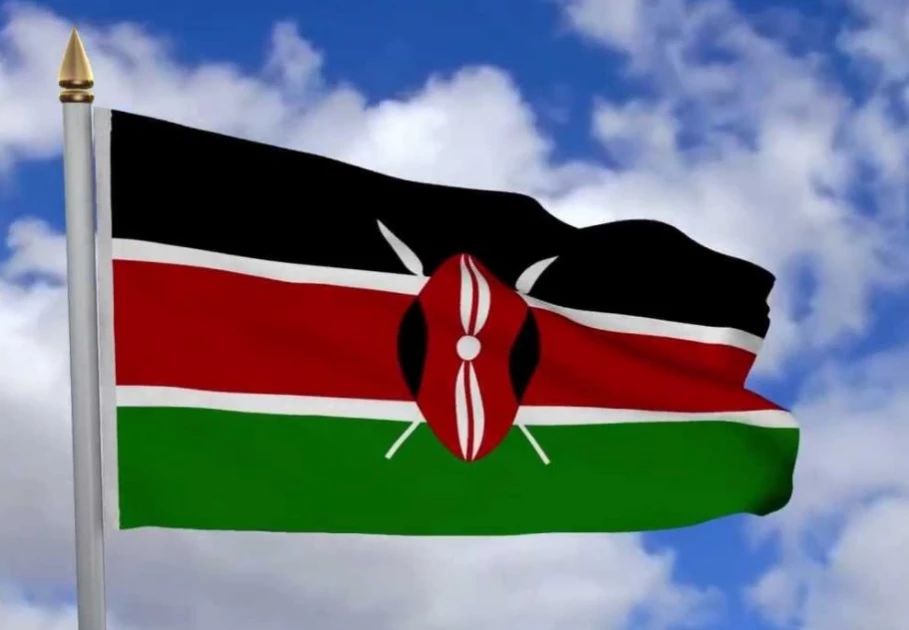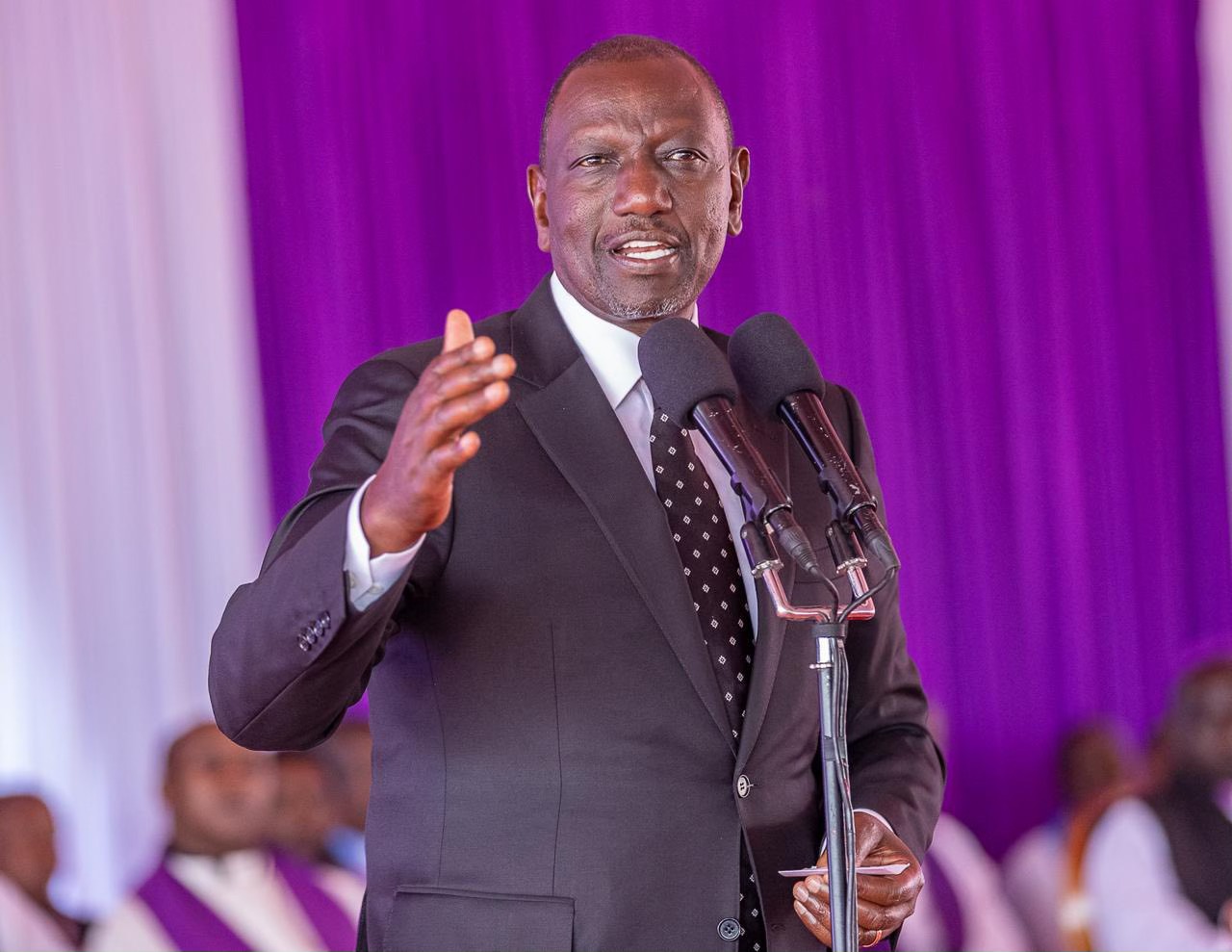Can Kenya End Tribalism and Build a United Future?

How Does Tribalism Still Influence Kenya Today?
In Kenya, tribalism remains a deeply rooted problem that continues to divide citizens and limit national progress. It resurfaces most vividly during election seasons, when politicians exploit ethnic identities to secure votes. “Sons of the soil” narratives are revived, elders are called upon for endorsements, and communities are made to believe that leadership is the right of a specific surname or ethnic group. This manipulation turns citizens into voting blocks, sidelining merit in favor of tribal loyalty.
Tribalism doesn’t stop at politics. It spills over into job recruitment, public service, tenders, bursaries, and even religious leadership. Many young, qualified Kenyans have had their dreams crushed because their last names didn’t align with the dominant tribe in a specific region or institution. This practice has robbed the country of brilliant minds and perpetuated underdevelopment in communities considered politically incorrect.
What Did the Gen Z Movement in 2024 Show Us?
The 2024 Gen Z protests revealed a powerful shift. When young Kenyans stood together, united by shared values such as justice, fairness, and accountability, they demonstrated that real change originates from unity. “That movement taught us that unity anchored in shared ideals, not shared dialects, can shake the highest offices and force real change.” It was a reminder that true patriotism goes beyond tribal lines, and that the youth are ready to rewrite the script.
What Must Change to Bury Tribalism for Good?
Kenya must confront the uncomfortable truth: no tribe is superior, destined to rule, or cursed to remain on the margins. The presidency, cabinet positions, and state appointments must not be tribal tokens but reflections of vision, integrity, and competence. “The best leader for Kenya could come from any corner, from the shores of Lake Victoria to the plains of Garissa.”
The responsibility also lies with professionals and civil servants. Hiring decisions, resource allocations, and scholarship awards must prioritize ability, not ancestry. When leaders reward loyalty over merit, and when HR managers choose surnames over CVs, they sabotage Kenya’s future.
Citizens must play their part too. Supporting candidates based on their policies instead of ethnicity, challenging tribal stereotypes at home and online, and rejecting divisive handouts are all steps toward healing. “Our tribe is one: Kenyan.”
Source Citizen Digital. By Sebastian Karani Asava










